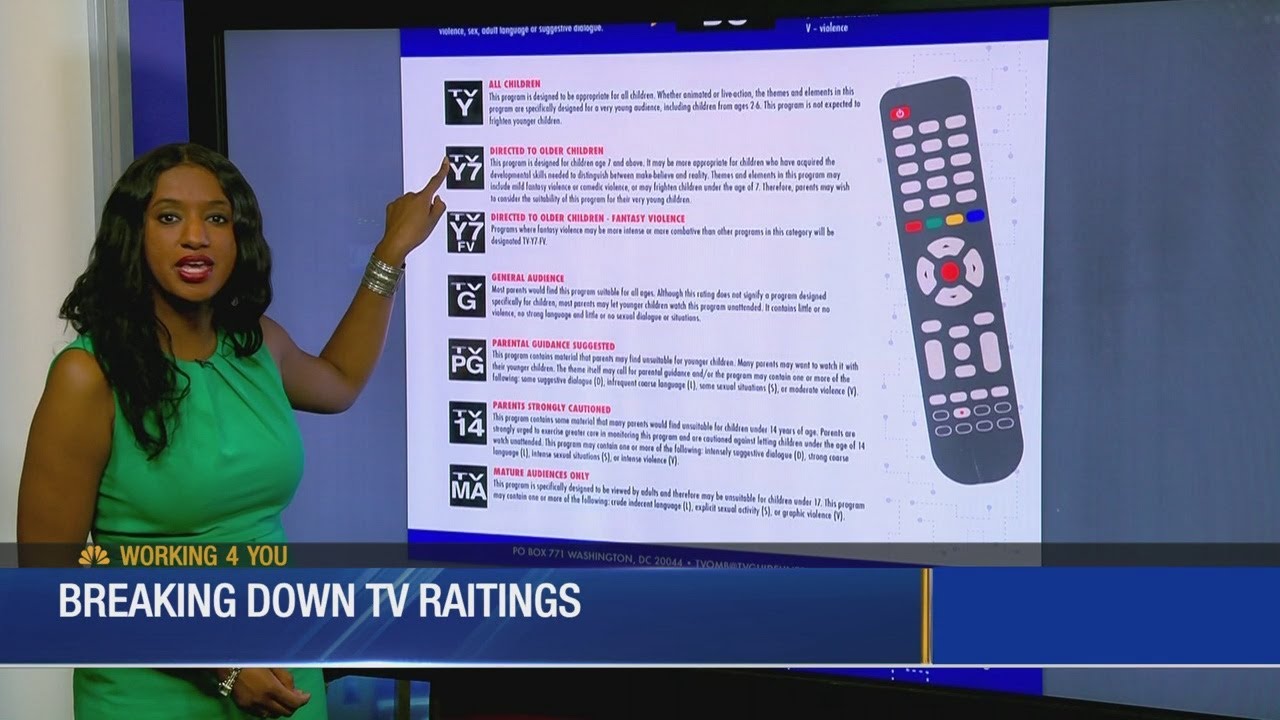
You have likely noticed the dramatic changes in the review process of restaurants if you've ever visited a consumer reviews site. Websites have helped consumers find the best products and services by creating new communities and networks around reviews. Websites can also be used to filter users based on different criteria. Can websites verify reviews' authenticity?
These platforms promote democracy but require extensive editorial resources. Many of them rely on contributors with a strong personality to generate a large volume of content. These websites must also ensure that reviews are based upon actual consumption experiences. They must be able regulate the homogeneous scoring and rating.
These consumer review websites are designed to help consumers evaluate restaurants by gathering reviews from many people. They then rank their ratings according to average scores. This means that they entail a two-fold democratic ambition: on the one hand, they seek to democratize the process of reviewing by enabling a large number of people to participate, but on the other hand, they need to ensure that the opinions they publish are fair and reliable.

Participation platforms must stimulate ratings production to be able to achieve this. They must be responsible for both the algorithmic scoring and publication of written reviews. This means they will have to do double duty by associating a review writer with a pseudonym, and facilitate the production of various ratings.
These strategies could be beneficial for website managers and can help create a more democratic industry. These sites will increase the number and quality of restaurant reviews. They will be able to provide businesses with the ability to respond to negative reviews.
Regardless of which strategy the website implements, their goal is to improve the quality of the selection of restaurants. Websites can not only provide the best information but they can also be an extension of traditional taste-making.
The consumer reviews site is a crucial extension to the participatory process begun by printed guides. However, these guides have a very selective logic and most restaurants are not included. Moreover, if the reviews are produced by an anonymous user, then they will not necessarily be based on real consumption experience. It is possible to make misleading or false reviews. However, if a site uses algorithms to select its participants and produce their reviews, then the results will be less distorted.

Sites such as Nomao or Dismoiou can demonstrate algorithmic egalitarianism. The average score assigned to each restaurant is between one and five. It is then given a median rating. These ratings are then compared with the other restaurant's average score to determine its overall score.